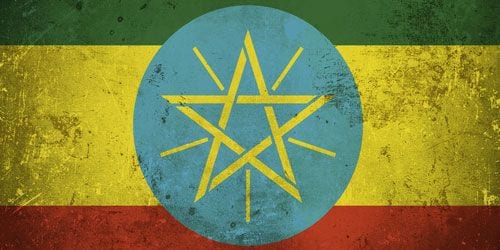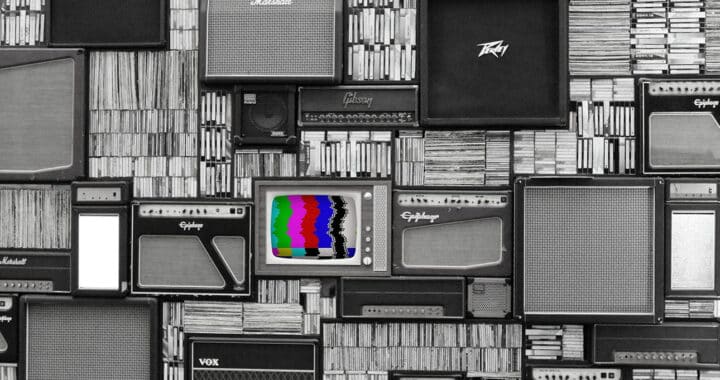
Earlier this year, I reviewed the debut record by Debo Band, a musical collective from Massachusetts fronted by two Ethiopian Americans. This amazing band is able to take the distinctive music of Ethiopia — especially as portrayed in the jazzy, funky work of Mulatu Astatke — and rework it into exciting new ways. I rated this record very highly, an evaluation it still richly deserves.
As it turns out, however, this is just one of many albums in 2012 to use Ethiopian music as their main reference point get to exciting new places; but they all do so in very different ways. Krar Collective takes a stripped-down and electrified approach to rural musical forms; Dub Colossus and Invisible System (both of which started with the same team) incorporate dub and electronica; and Samuel Yirga steps out as a jazz-focused piano prodigy. In many ways, at least for those who know where to find these records, 2012 is turning out to be The Year Ethiopia Broke.
Krar Collective is a three-person band originally from Ethiopia but centered in London for the last few years. Attention always centers on Temesgen Zeleke and Genet Assefa, the band’s two singers, especially because Temesgen also plays the krar featured in the band’s name. This lyre-like instrument, a cross between a harp and a guitar, is said to derive from the harp of King David. More importantly, it produces a staggering array of sounds, especially when it is plugged into a wall of amplifiers. But those who have heard or seen them know that Krar Collective would be nothing without drummer Robel Taye’s subtle touch.










